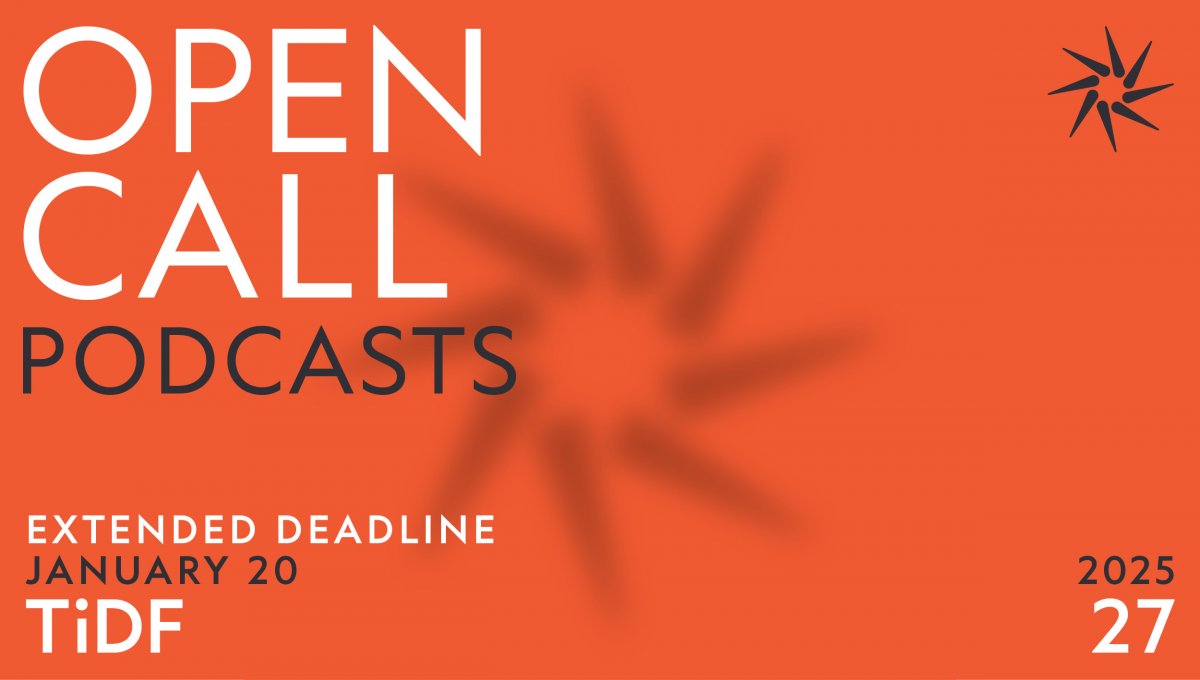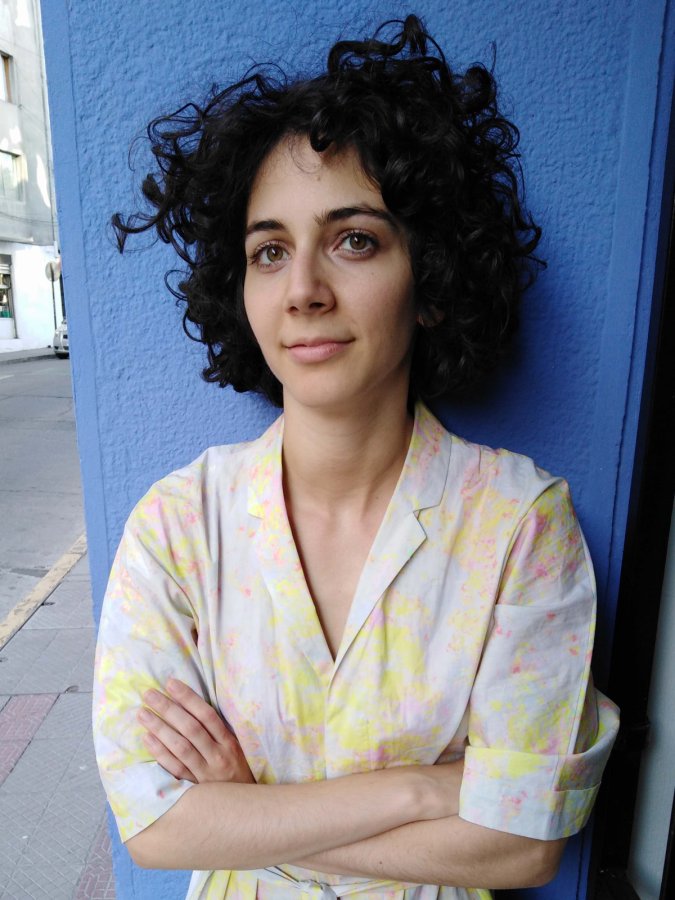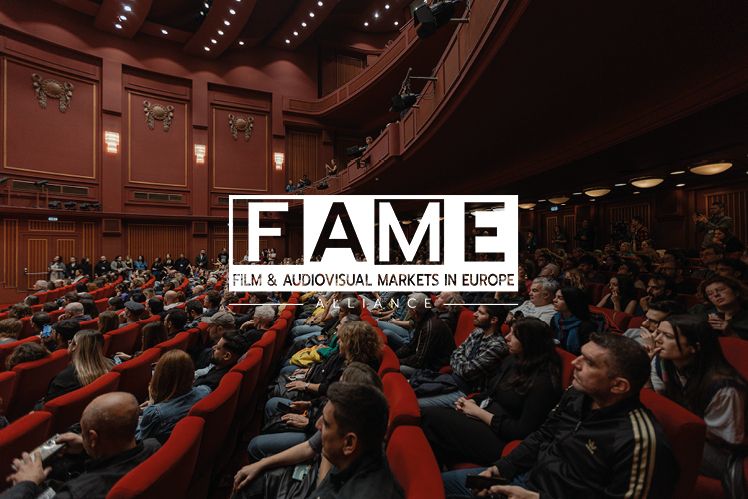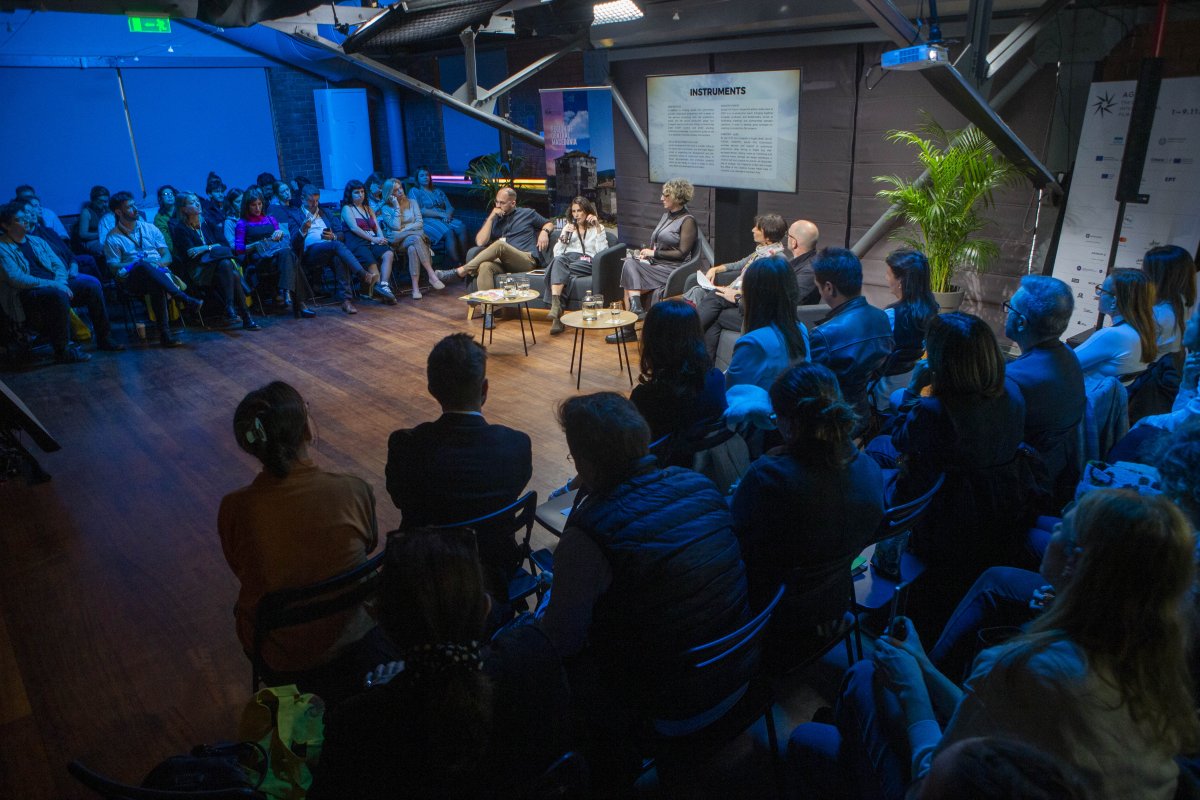The screening of the documentary Gumbo Coalition took place on Sunday, March 5th at Olympion theater, within the framework of the 25th Thessaloniki International Documentary Festival. The screening was held in presence of the great American director Barbara Kopple, who is a two-time Academy Award-winner of Best Documentary for her films Harlan County, U.S.A. and American Dream. The first one Harlan County, U.S.A. will be screened on Monday March 6th, as part of the 25th TIDF's tribute to observational documentary.
The film was prefaced by the Festival's Artistic Director, Orestis Andreadakis. "It is a great honor to welcome one of the most important filmmakers of world cinema. She is a bold, persistent, fearless woman. Ladies and gentlemen, please welcome Barbara Kopple."
Immediately afterwards, Barbara Kopple took the floor. "Thank you very much. I'm not sure if I'm really all that, but I'm very, very happy to be here, to see people who have come to watch my documentary. This documentary means so much to me. It was filmed during the pandemic, during a tumultuous time with the assassination of George Floyd and the Capitol attack. It's a tender, very personal film about two great social justice leaders, one African-American and one Latino. It's a film about their friendship and collaboration, hence the title, which I tried to be imaginative with - Gumbo Coalition. "Gumbo" is a food in New Orleans, made with whatever you have in the house. Whether it's sausages or potatoes or whatever. These two leaders are people who embrace everyone and accept diversity. In the film you will see them in intimate moments with their family and really get to know them. Thank you from the bottom of my heart,” said an emotionally touched Barbara Kopple.
After the screening of the film, a Q&A with the director followed. "I owe it to myself to make each film the best I can because it may be my last," she said about her boundless energy for filmmaking. "I love telling stories. I love having people talk to me and understanding what drives and what motivates them. I'll be making documentaries until hell freezes. Then, I'll be making them on ice," she said emphatically. She went on to address the religious element of the film, explaining that the documentary has deeply religious Catholic communities at its heart. "It is this faith that drives and inspires them to do good for their people and their community. If something gives strength to a person, I can't help but respect it," she stated.
"I can't know if we'll actually see a happy ending!" she responded to a question posed by the audience about the political scene in the US. "The country is deeply divided and things are difficult. We are struggling on a daily basis and I cannot know what will happen. Now that the Senate is evenly divided but the House of Representatives is controlled by the Republicans, many bills will fail to pass. In the past, even President Obama, a leader of intelligence and eloquence, failed to pass various bills. We will see what happens and continue to fight to bring the wrongdoings to the forefront. We want to make our country safe. I have a grandchild almost two years old and all I want for this generation is for them to be able to live a good life. We are Jewish and anti-Semitism can be found still. It's a difficult time for America."
Furthermore, she expressed her absolute conviction that documentaries are a weapon for raising awareness and consciousness among people. “I have dedicated my life to telling these stories. We must not remain silent. We must do everything in our power to bring about change” she stated. She then went on about the making of her documentary. "I just started by gradually getting to know the two main characters. I couldn't know how all these incredible things would happen. I wanted to showcase their leadership abilities. We're talking about two remarkable personalities. I got to know them well as individuals, observed the environment that shapes them, and dedicated time to them. I couldn't have planned all of this beforehand, because predicting the situation is not an honest way to make a documentary. I want to be surprised too, just like the people who are watching it for the first time."
Immediately afterwards, she talked about the sheer volume of original material and the brave selection of what should be left out of the final cut. "We started the first stage of selection with fifteen hours of footage, which gradually became eight, then six and so on. I noticed that as we removed material, other things were brought to the surface. I value human stories and choose to emphasize the personal element. I was happy that there were protests and movement in my film, I was happy to show prisoners and their rights, as well as people who integrated into society and those who ultimately couldn’t. The protagonists themselves, Marc and Janet, called me several times to see the final result in advance, but of course I declined. They saw it along with everyone else at the screening of the film" she mentioned.
Concluding, Ms. Kopple commented on how Covid-19 ended up helping her complete her film. "I don't know if due to Covid marches and protests were smaller than they would have been at a different time. But I do know that the pandemic helped me see my characters in their homes. I learned who they are, what they're like when they're struggling, and how they talk to their own people. Covid played a really important role in the documentary" she stressed. Finally, regarding whether American society was pleased with the sentence imposed on Derek Chauvin, the police officer who murdered George Floyd, she responded positively, "It was a verdict that satisfied public opinion. In America, police officers are rarely prosecuted for assault or murder."
















